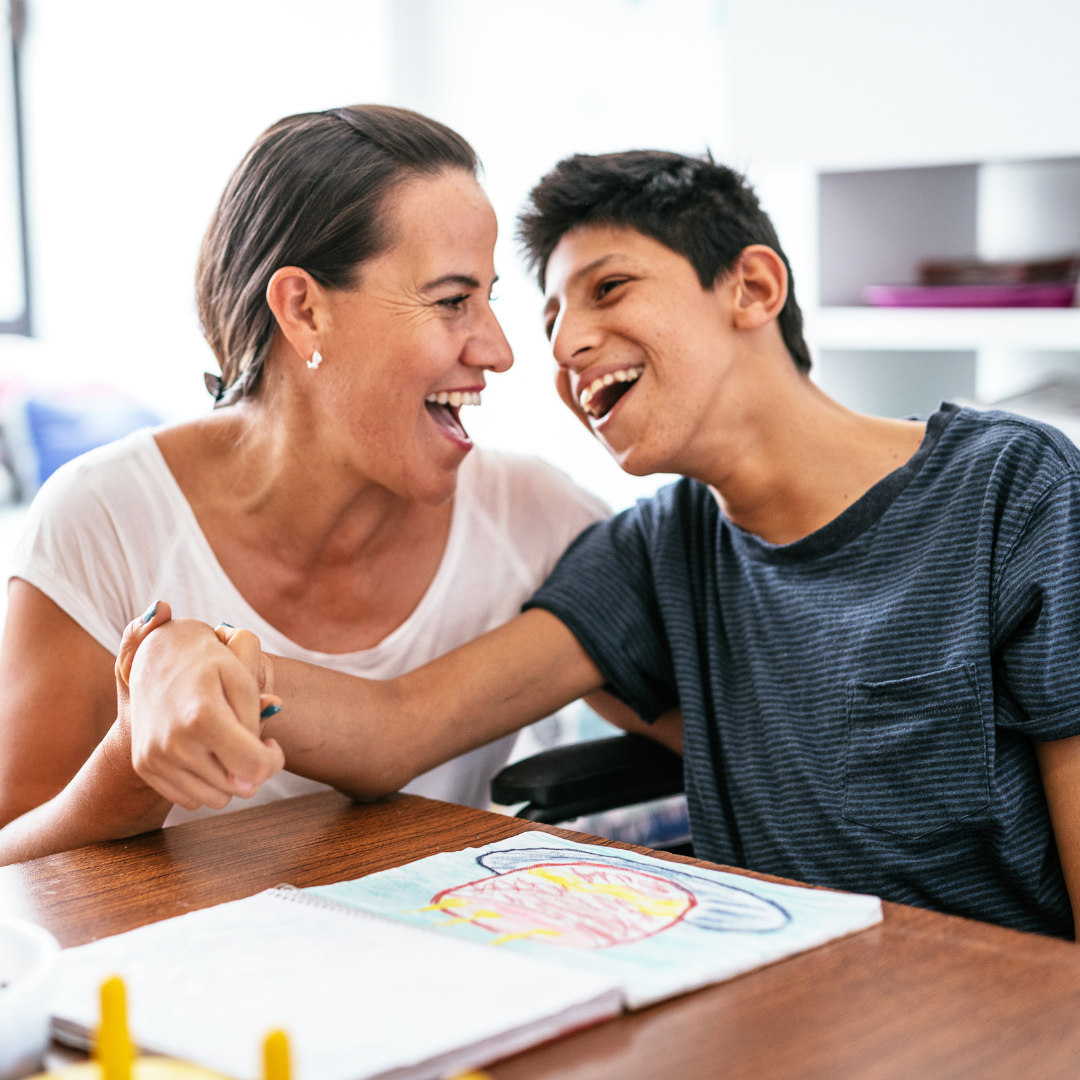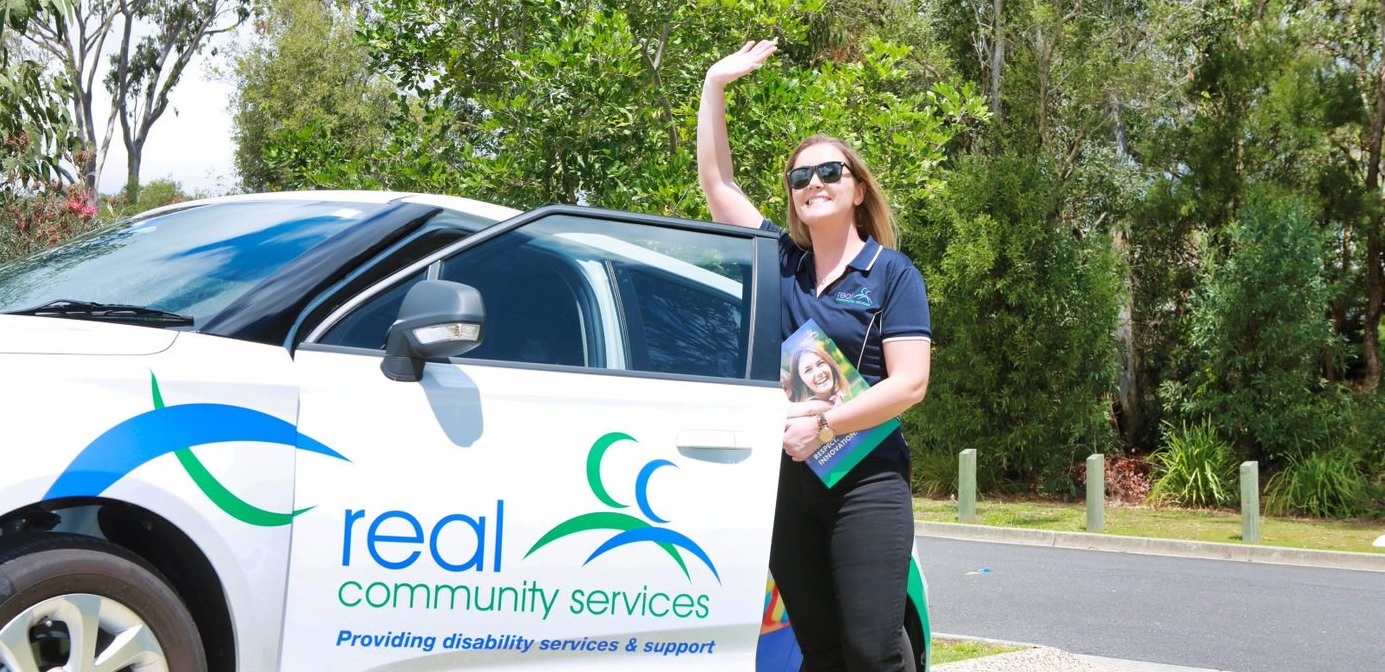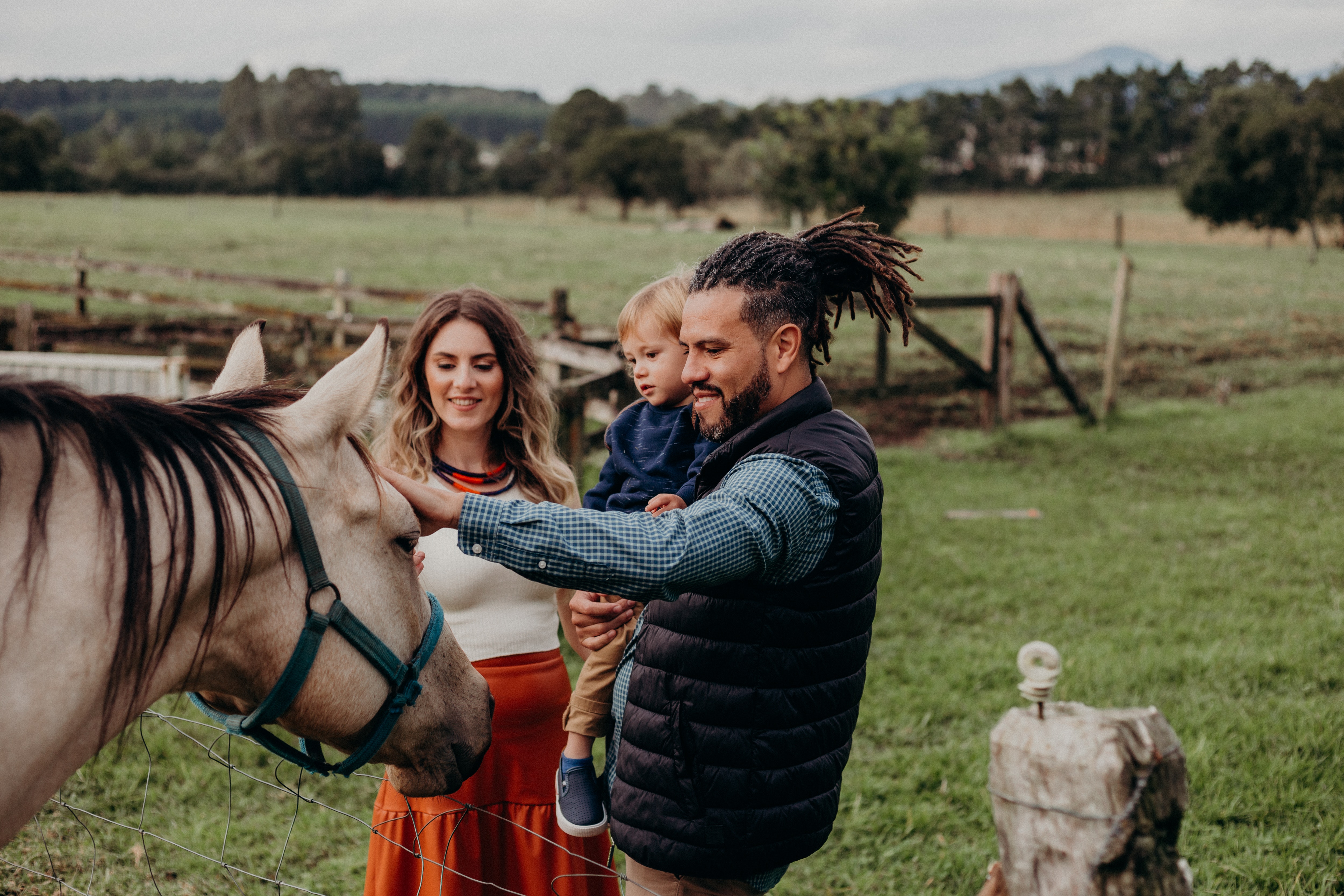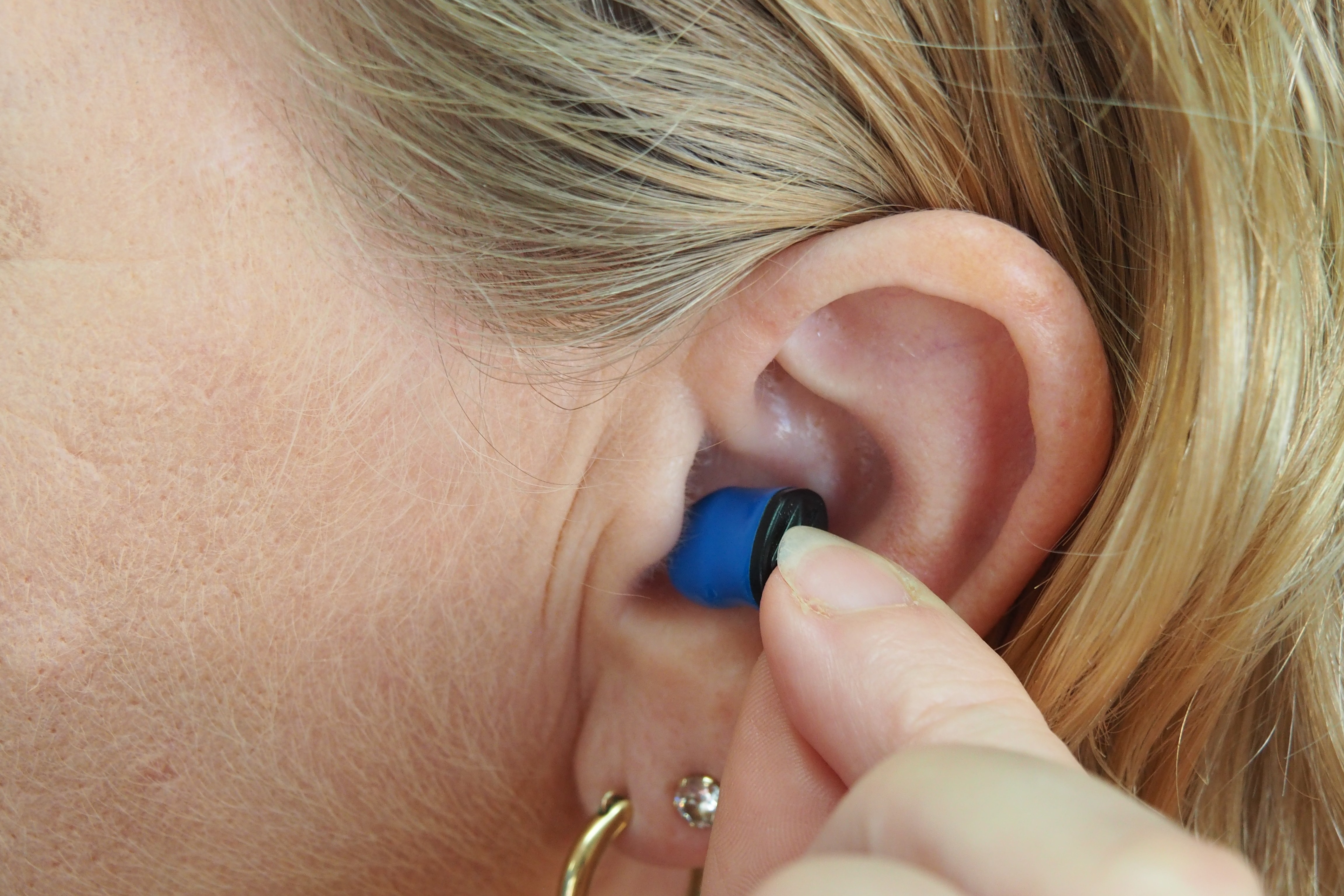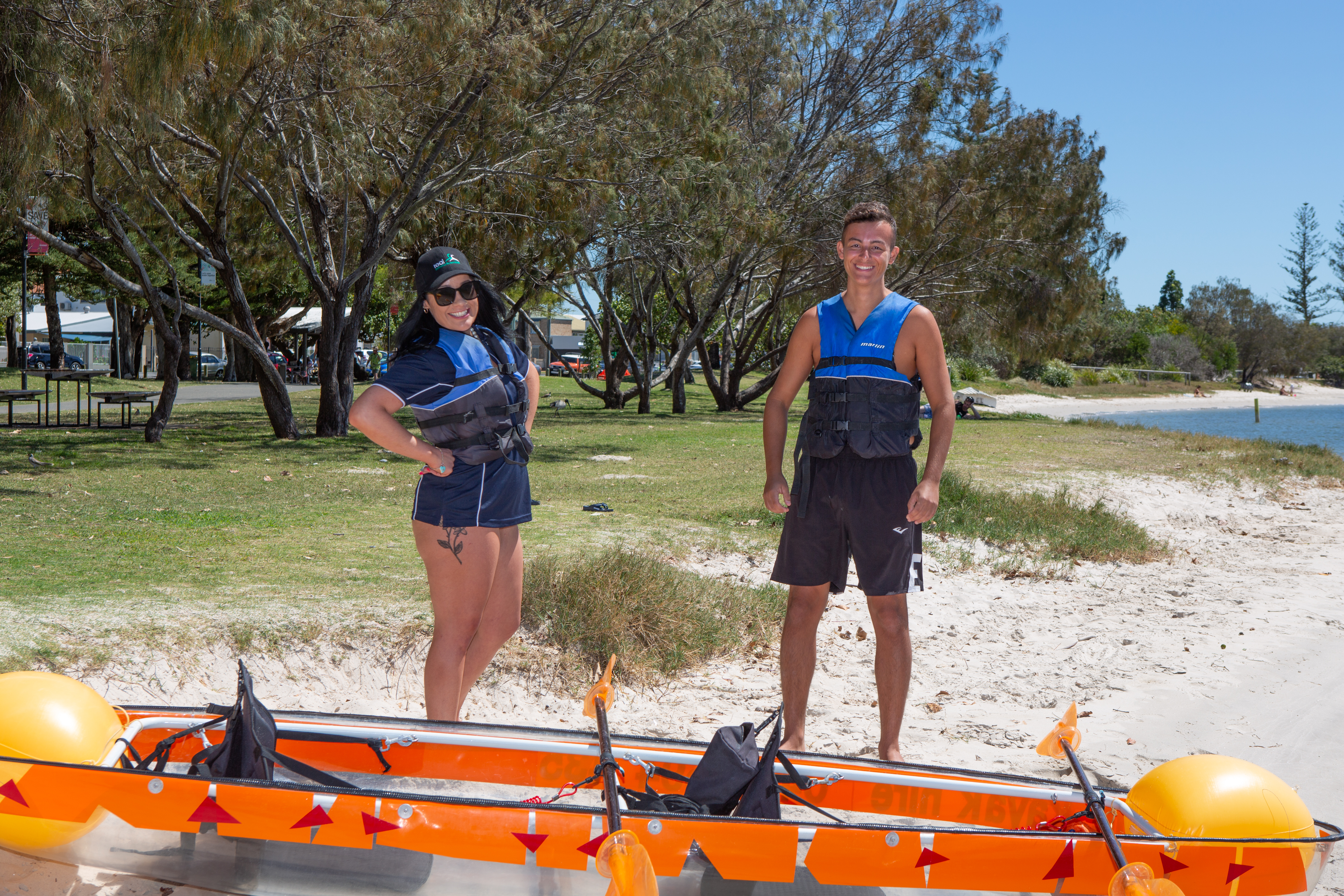What Is It Like Being A Support Worker?
From family conflict, education and career choices, to drugs, alcohol, sex and relationships, disability support workers deal with a range of topics and issues on a daily basis. They are specially trained to offer guidance and support on matters that mean the most to the young people and facilitate programs to support the wider community.
Just like Disability Support Work, being a support worker for a younger person or child is an extremely rewarding and diverse career choice where no two days are the same, and allows workers to meet people from all walks of life. If you’ve been thinking about becoming a support worker for the younger generation with disabilities you might be asking what exactly is it like and what do they do day-to day?
A day in the life of a support worker can be fast-paced, diverse, and challenging, but it will also allow you to make a real difference to a young person life, and we promise there’s no better feeling than helping someone in need.
Teens and children who need support and guidance will often be referred to you through schools, youth centres, university or faith-based organisations, and you’ll find yourself working both in and office and out in the wider community.
But what does a day in the life of support worker for a youth actually look like? Like we mentioned before, every day will be different, but there are a few main tasks that will guide your day to day responsibilities.
-
One-on-one meetings with youth
One-on-one counselling sessions are an important way to understand the youth’s issues and will be where you make your assessments about their health, safety and wellbeing. Together with the youth you will discuss the issues their facing and work together to put a plan or strategy together to help them overcome their issues. During these sessions it will be important to offer empathy, refrain from holding any judgement, keep your meetings confidential, and most importantly earn the youth’s trust.
One of our exceptional support workers is Rachel who works with Cayleb who is autistic. Rachel supports Cayleb with various activities such as boxing, swimming, cycling and grocery shopping. Rachel extends on building communications skills (as Cayleb does not yet talk to Rachel directly) by using sign language, which Rachel learns a new sign each shift with Cayleb. This demonstrates relationship and trust building.
-
Organise and attend community youth programs
Youth workers are also responsible for organising and facilitating community programs and projects that are aimed at helping build self-esteem and confidence in young people, while also connecting them with their peers and other community groups. These programs can include things like arts-based activities, sporting projects, social outings, or outdoor camps, etc. It’s important to know that some of these programs and events will take place outside of your normal work hours.
-
Liaise with other support personnel
As a support worker you’ll also work alongside the likes of teachers, social workers, parents and the local authorities. You may find yourself advocating on behalf of the young people, or collaborating with their teachers and families to ensure that they can reach their full potential. You may accompany a youth to their appointments, put them in touch with a medical professional, or help them find safe housing arrangement.
-
Administrative tasks
Just like any other jobs, there are times when you will need to undertake routine administrative tasks. This will include things like sending emails, writing reports and scheduling appointments. You may also be required to compile reports and documents, plan projects and events, or source funding for community programs.
Becoming a disability support worker will allow you to make a real difference to young (and older) people’s life’s and can really help them make the most of their future. You will be constantly rewarded by the positive impact your work will have on not on the youth’s life, but within the wider community.







